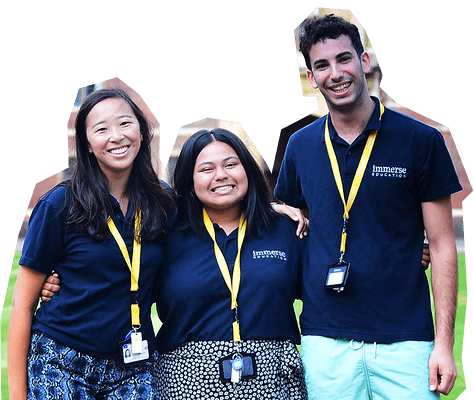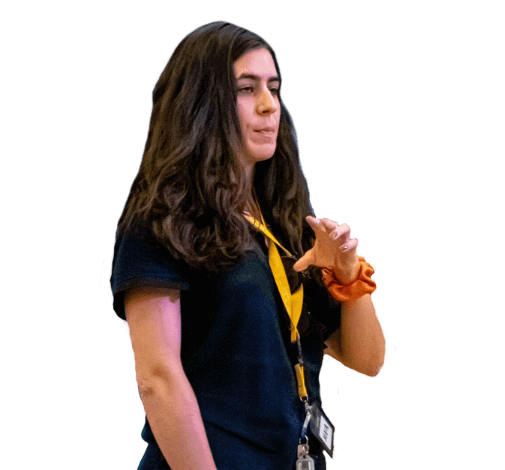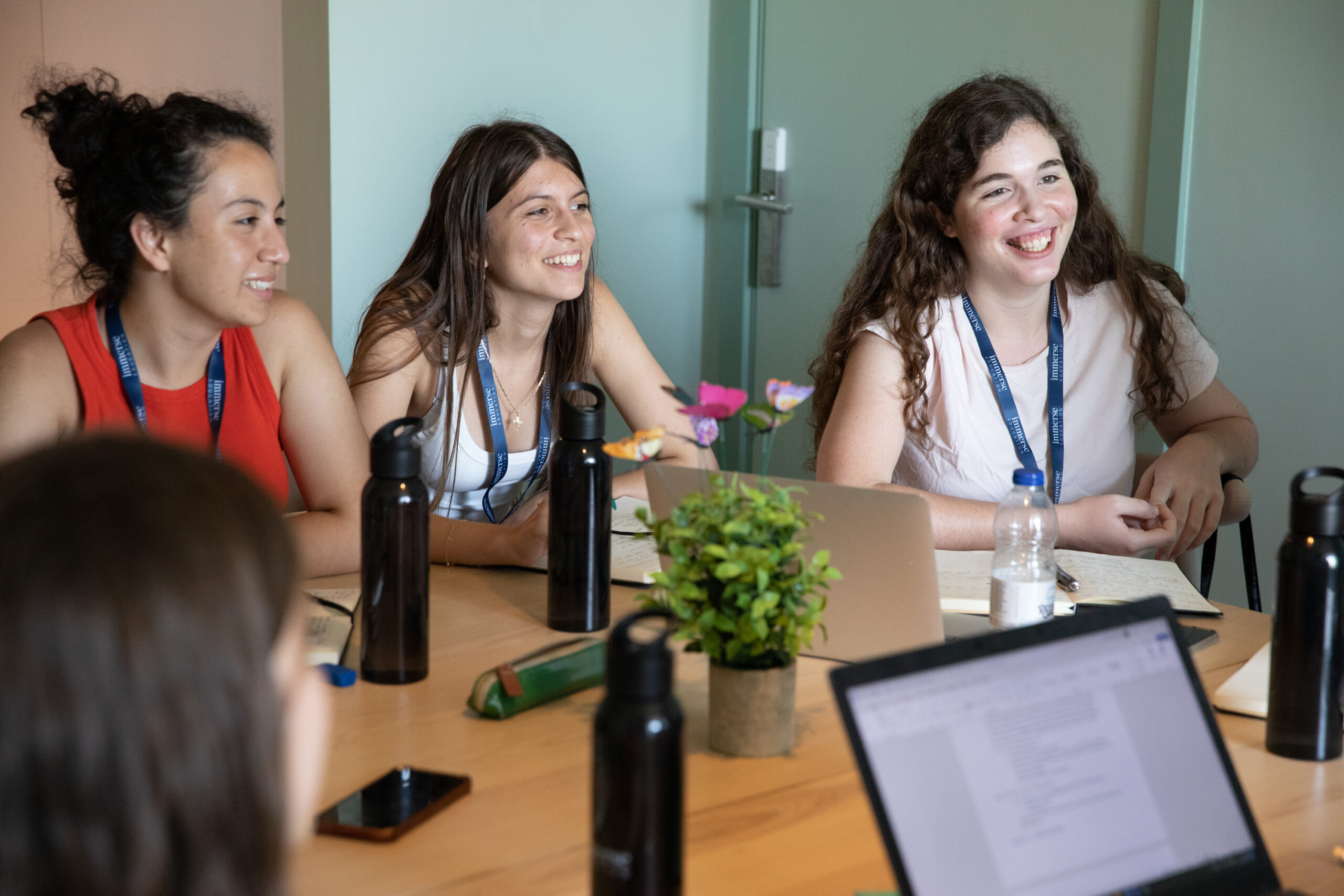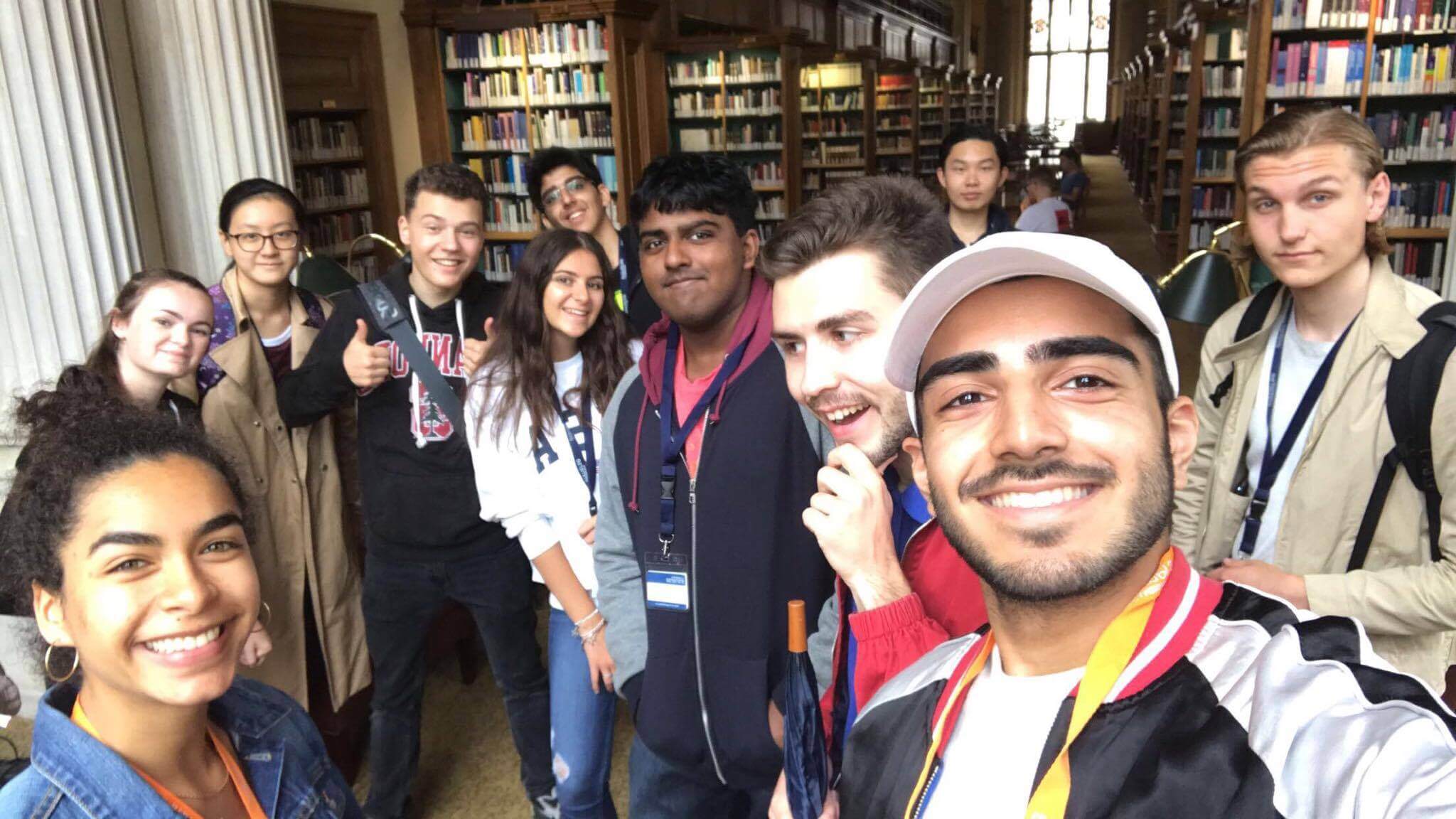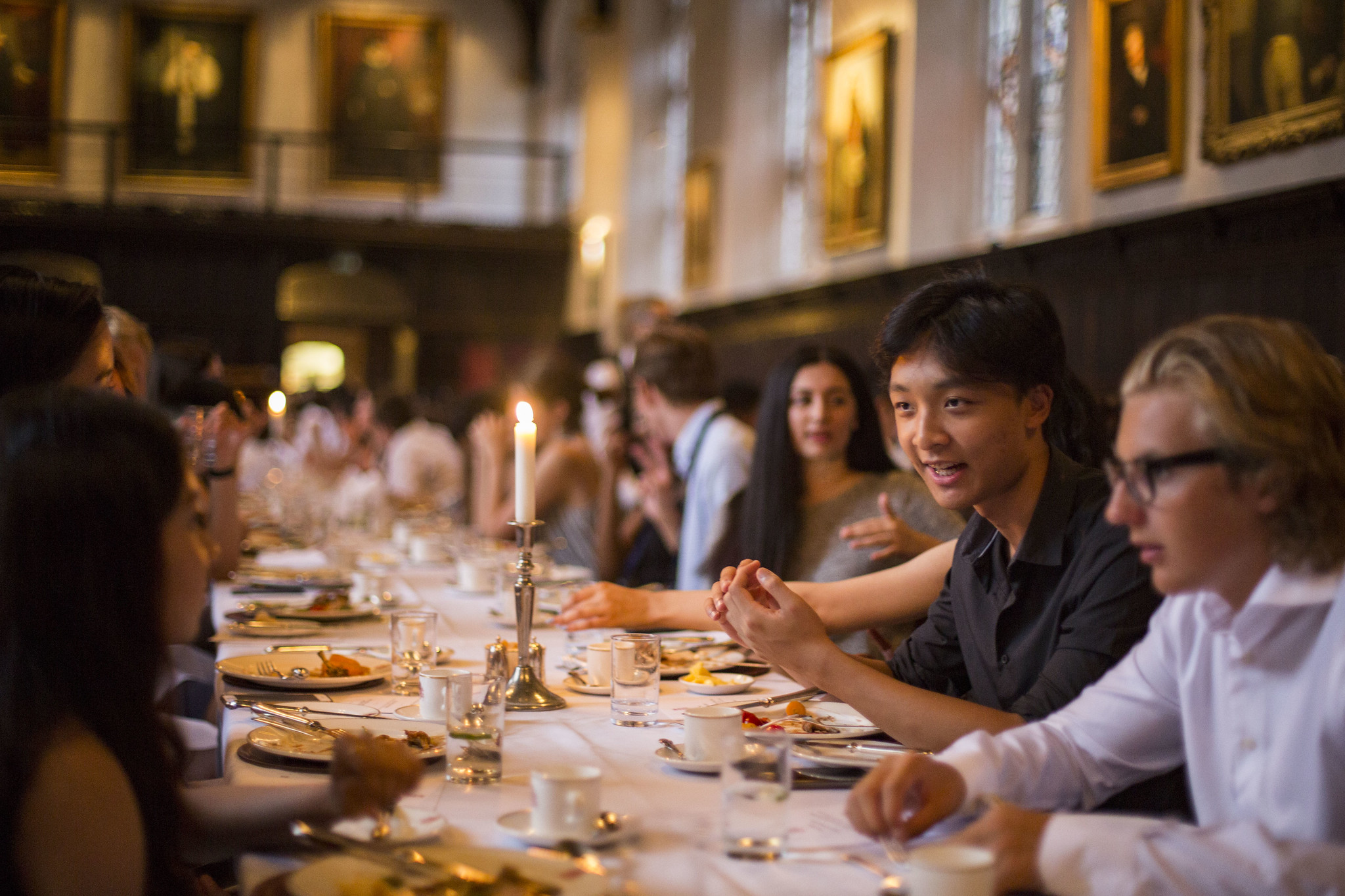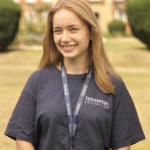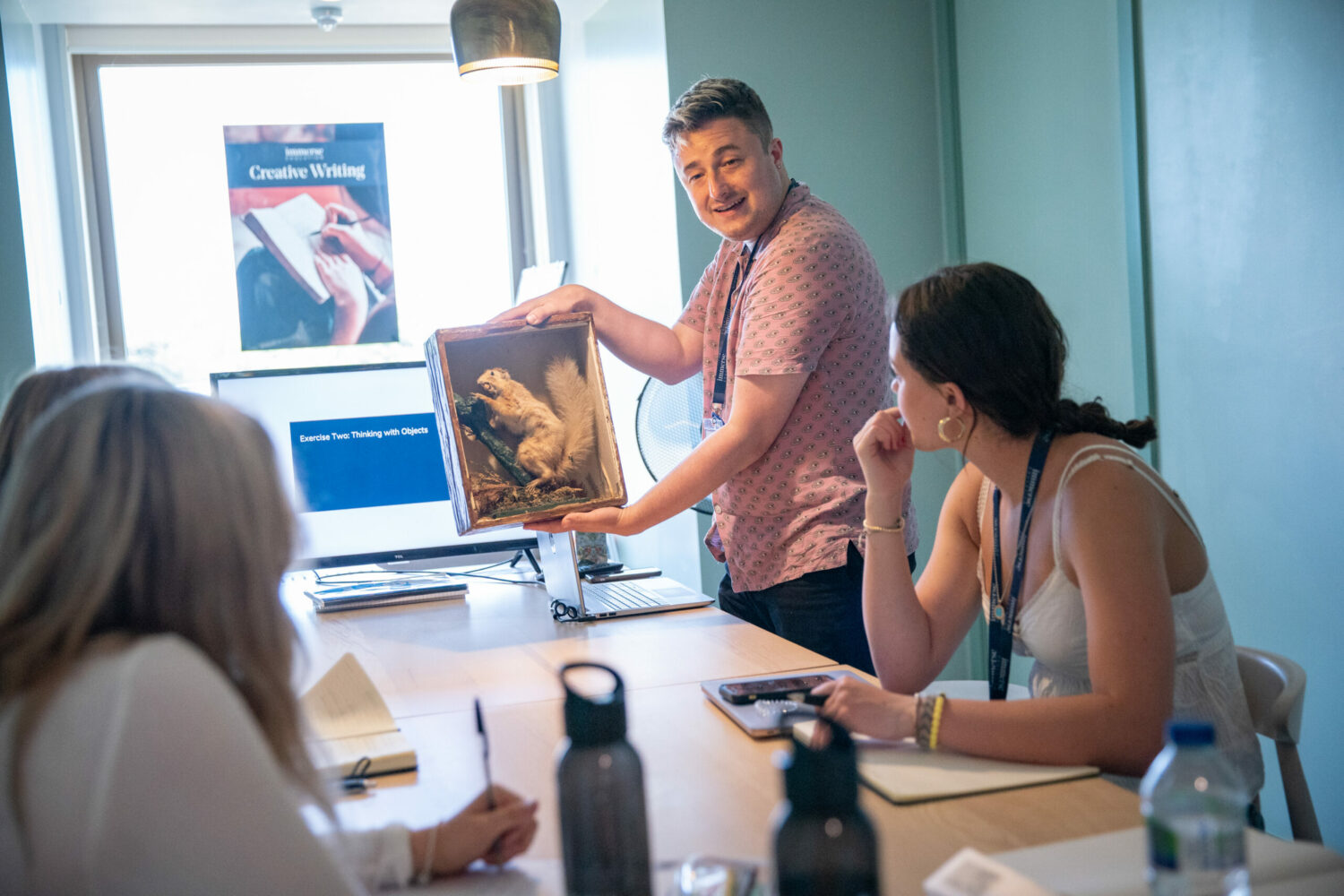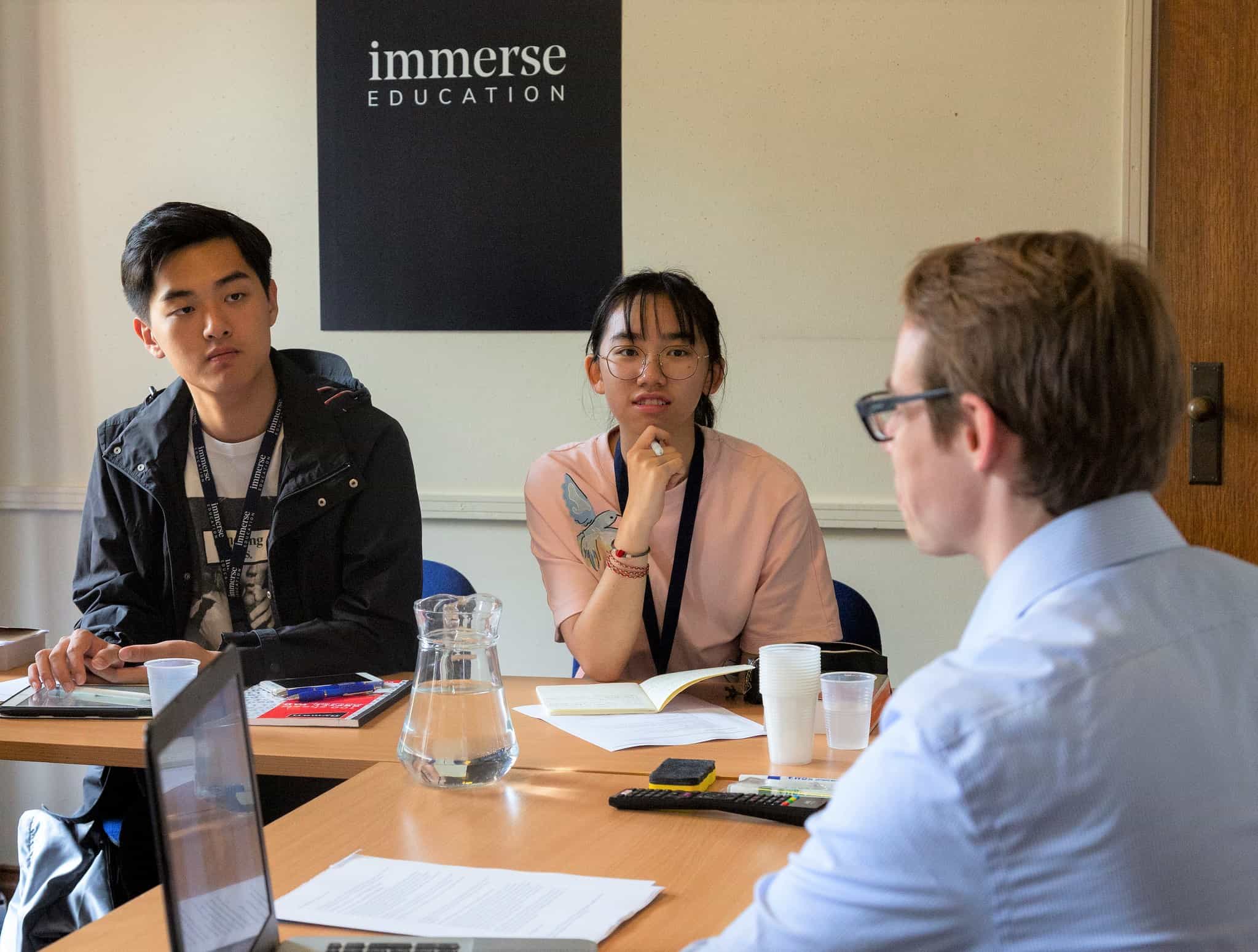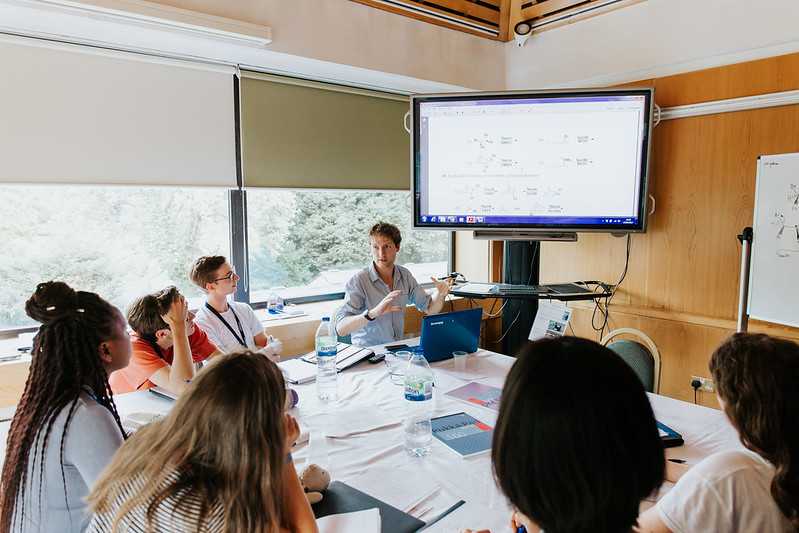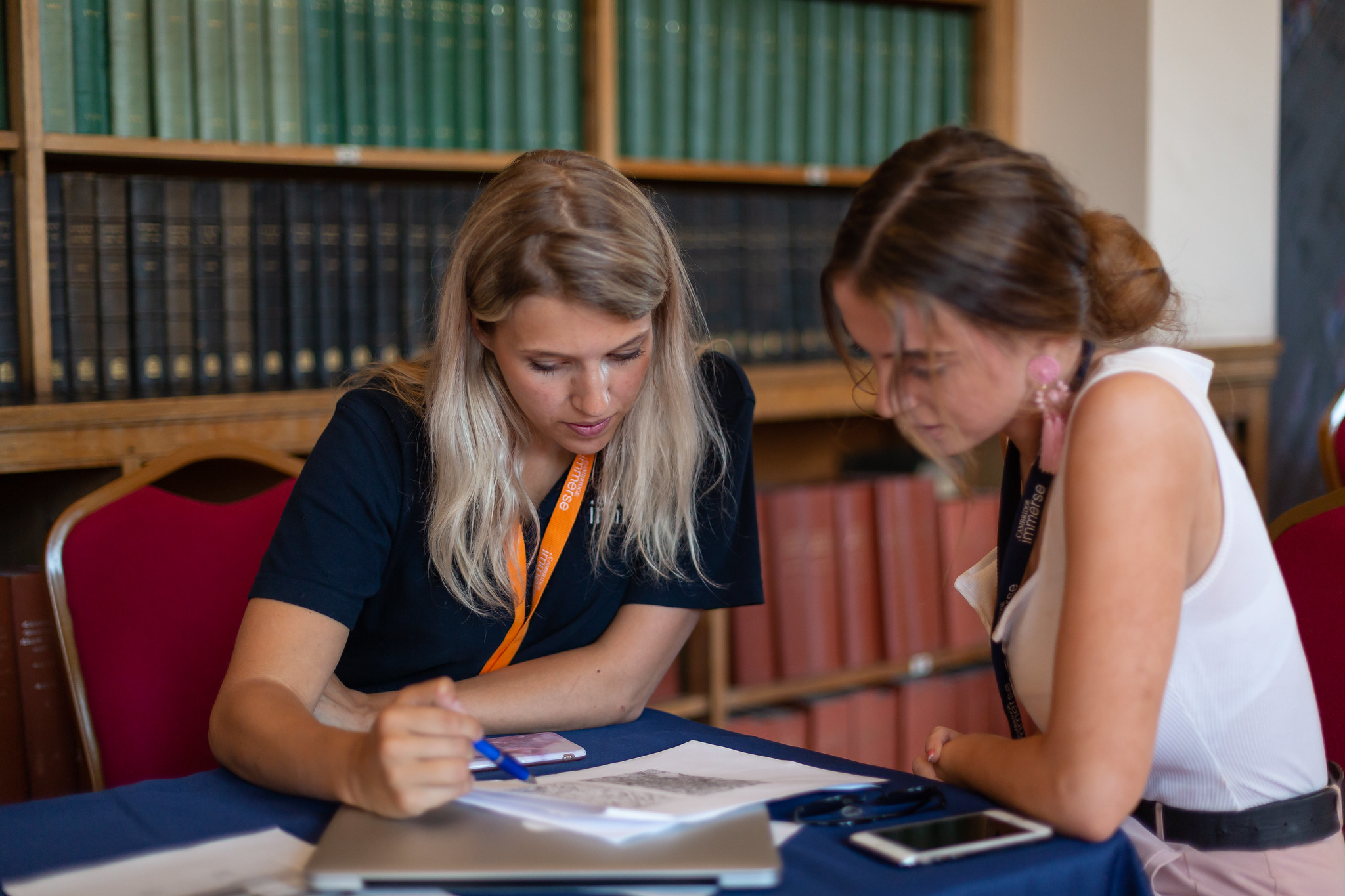Film Studies
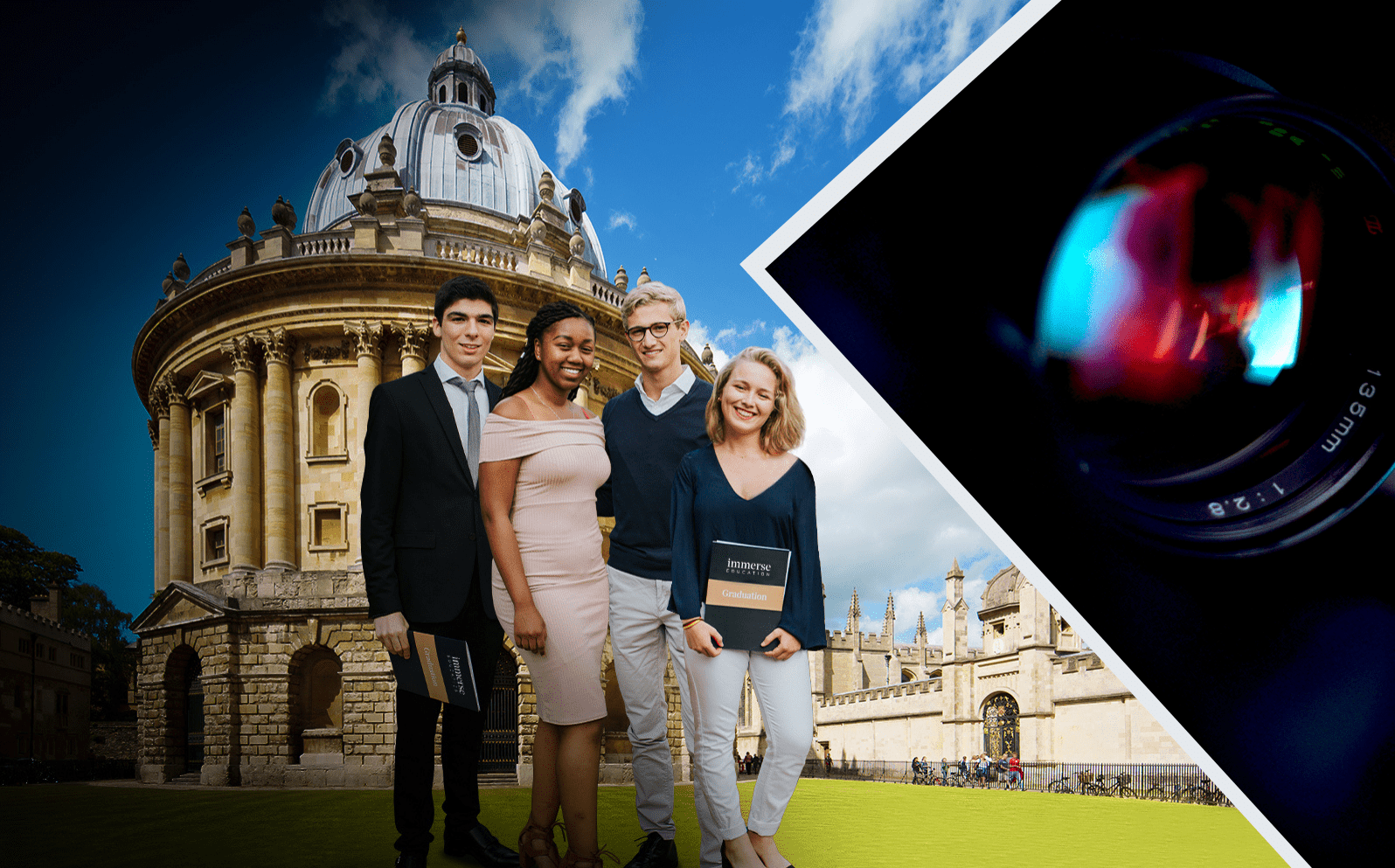
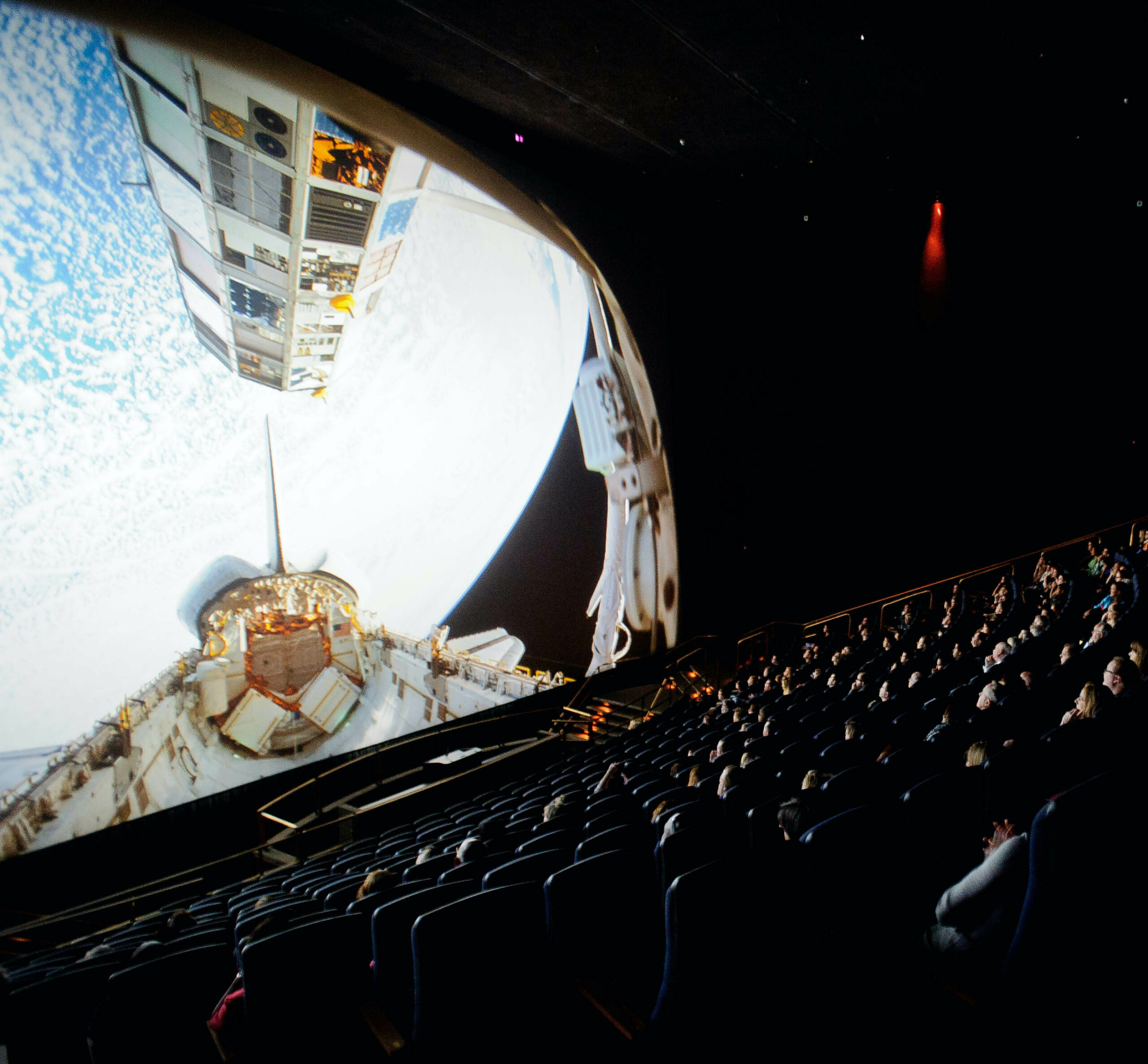
Advanced Pre-University Course in Film Studies
Led by exceptional filmmakers with unique industry experience, the Immerse Film Studies summer schools programme explores key components of film theory, film history, screenwriting, practical filmmaking and editing.
Students trace the history of the moving image, from medieval camera obscuras and magic lantern shows, through to IMAX films and virtual reality experiences. We learn how to interrogate the film viewing experience using precise technical language, before deepening this analysis with perspectives from philosophy, psychology, and historical and cultural studies. Throughout the course, participants augment their theoretical understanding by creating short films alongside professional guidance and feedback. If you’re interested, take a look at our other oxford summer school subjects.
Learn directly from expert academics from world-class universities
You will explore novel concepts and share ideas in small groups of like-minded and ambitious peers from around the world. In small class sizes averaging 7 students, you will be guided by expert tutors who have honed their expertise through teaching undergraduate students at world-class universities, including the universities of Cambridge, Oxford, and Harvard.
Our rigorous vetting process guarantees that all participants are taught by engaging and supportive educators who are, most of all, enthusiastic about sharing their expertise to ensure our summer school teaching is of the highest quality. Immerse™ is an unrivalled academic experience.
-
Average class size of 7
Maximum class size of 10 students -
1:1 tutorials
Supportive, challenging and engaging -
Academic workshops
Develop a practical understanding of your subject -
World-class tutors
Academics from Oxford and Cambridge
Boost your confidence and develop key attributes in academic skills workshops
Our workshops are geared towards unlocking participants’ potential, giving them the tools to prepare for the next steps of their education and future goals. Build upon existing study skills to support future university-level learning.
These workshops explore a diverse and enriching range of topics – past examples have ranged from ‘Productivity tips’ to ’21st Century Technology Skills’. We’re sure that you’ll learn something completely new. Unlike traditional schools, Immerse allows you to learn beyond the traditional curriculum.
This programme is designed for students with at least an upper-intermediate level of English (B2). If you are unsure if you meet this requirement, please contact advisor@immerse.education.
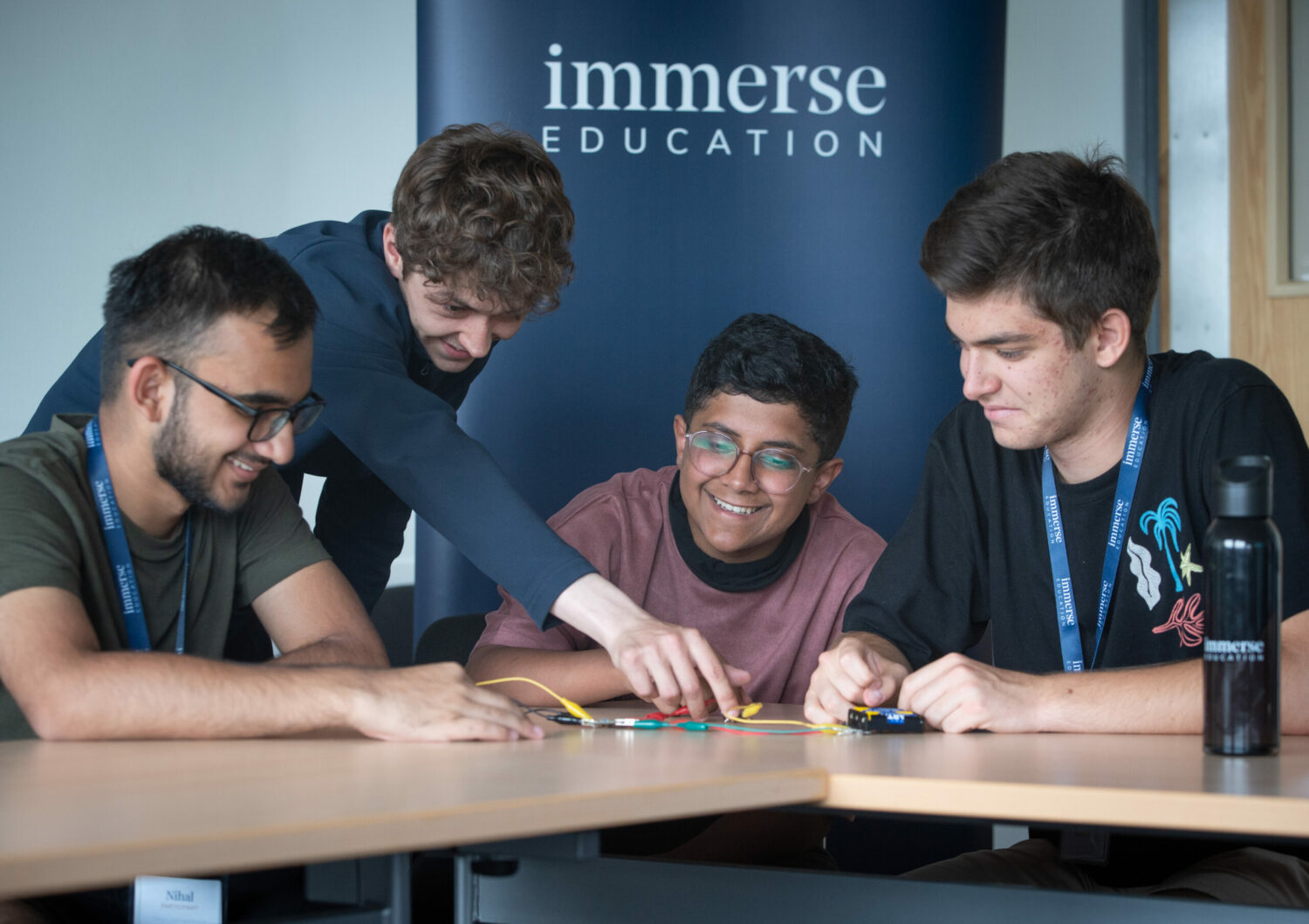
-
Certificate & detailed participant evaluation
All participants receive an individual report from their tutor -
Personal project or Creative portfolio
Develop a personal project or a creative portfolio to present at the end of the course -
Experience Oxbridge life
Live and learn like an Oxbridge undergraduate -
Enhance key academic skills
Interview skills, academic writing and presentation
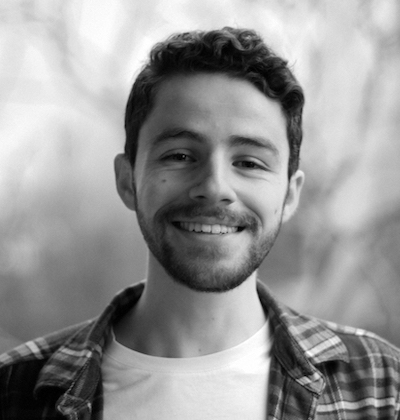
Example tutor:
Louis R
His films have screened across Europe, including at the Tate St Ives, the British Film Institute, and International Film Festival Rotterdam.
Guest speakers from previous summers
Dr Lynda Shaw
Abi Oyepitan
Dr Nigel Warburton

Build your Creative Portfolio
As part of your programme, you will be given the opportunity to produce several pieces of creative work in your chosen subject which will form the basis of a portfolio.
Portfolios are a great way to showcase your skill and accomplishments and are essential in university applications to creative subjects, demonstrating your ability in a way grades cannot. As part of this process, you will receive two 1:1 sessions with your expert tutor, who will give you advice and feedback on the development of your portfolio.
I thought my tutor was very accommodating and helpful, he explained complex topics in easy to digest ways and was very patient with me when I struggled in understanding something.
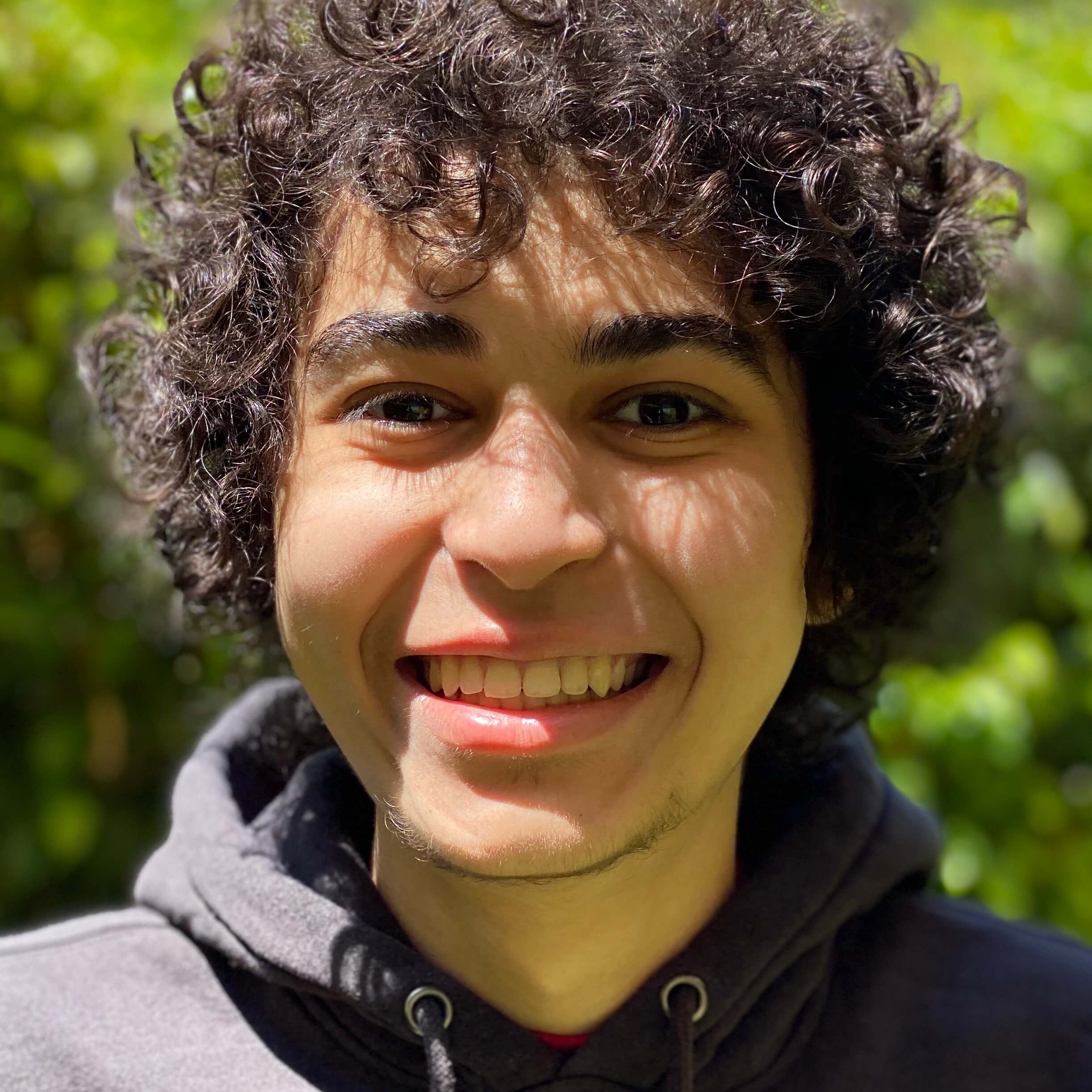
Work hard, play hard.
Action-packed social programme
Outside of lessons, we are proud to offer a busy and diverse social programme to help you get the most out of your time in Oxford. This includes activities such as punting on the River Cam, zorb football and a murder mystery night in the college.
There are also two excursions during the programme, one day trip to visit Oxford and its constituent colleges, as well as an optional day out in London, seeing the city’s most famous landmarks as well as some free time for shopping. Those who choose not to travel to London are invited to afternoon tea in Oxford.
Activities and excursions are run by our team of friendly mentors – whose main job is to maximise your enjoyment.
Work hard, play hard.
A unique social programme.
Experience traditional 'Formal Hall'
Formal Hall is a traditional weekly meal that takes place in every college. This is an opportunity for students to dress up, dine by candlelight in the magical surroundings of an Oxford University college’s dining hall.
As an Immerse student, you will experience formal dinner three times during your stay – once per week in Oxford, as well as in an Cambridge University college on the excursion day.
Formal hall is truly a memorable occasion, so remember to bring some smart clothes!
A unique social programme.
Live and study in colleges
of Oxford
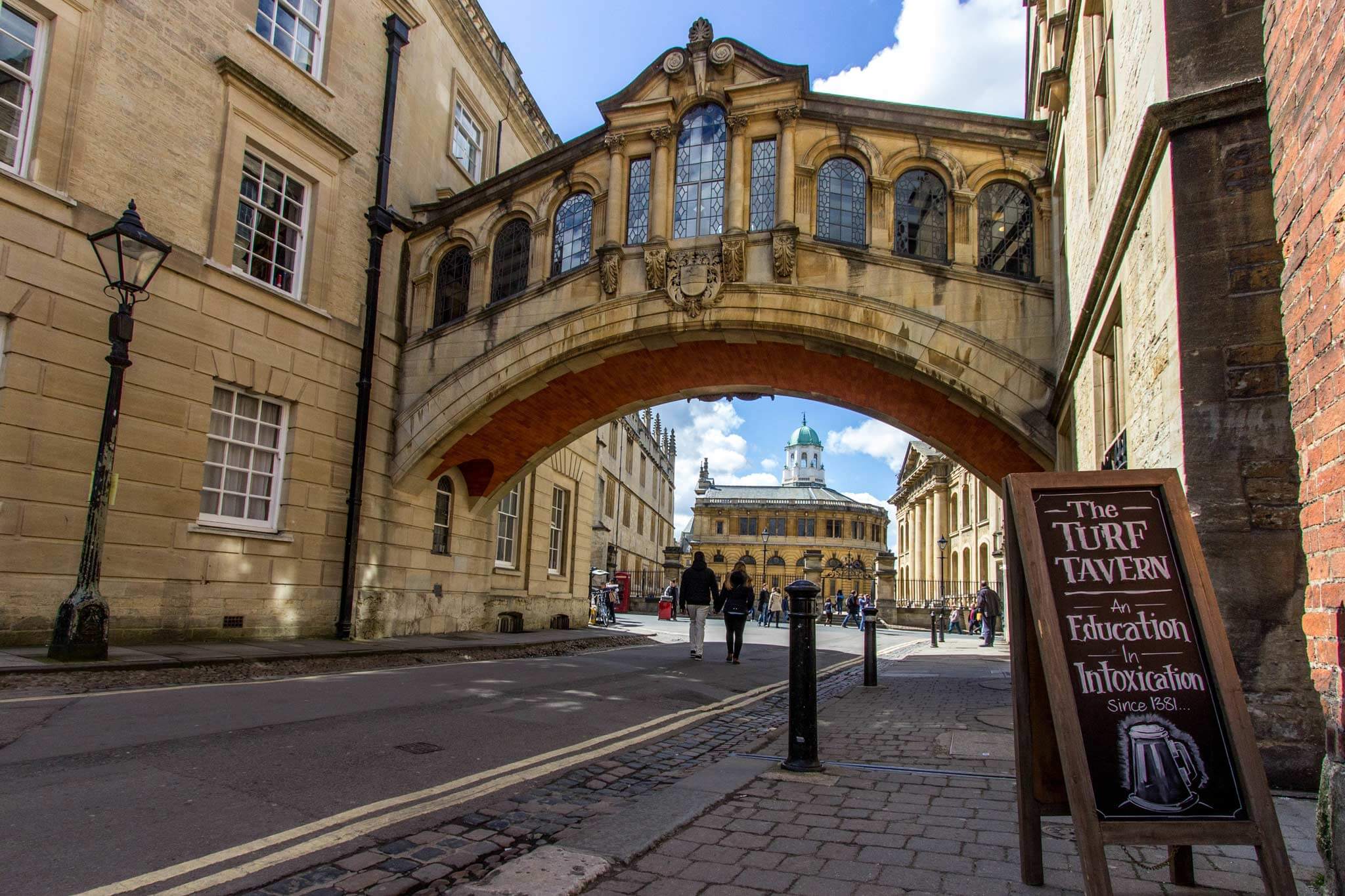
Experience life as an Oxford University undergraduate
All participants will be allocated to a college a few weeks before arriving, based on their dates and subject choice.
If you would like to stay in the same location as a friend/sibling – please let us know and we will do our best to arrange this, where possible.
Males and females have separate accommodation in every college, and there is wi-fi available throughout.
For more information, please visit this page.
Student Welfare & Safety
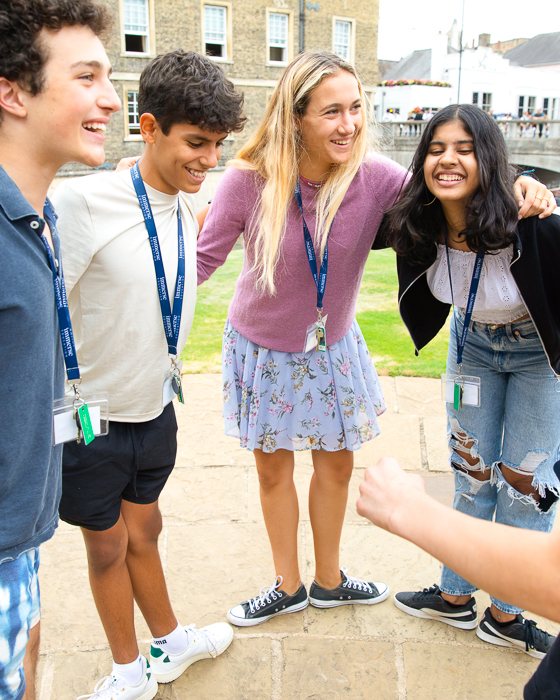
An accredited provider of academic short courses
Immerse Education is accredited by the British Accreditation Council (BAC), the leading mark of educational quality for the academic sector. Our accreditation with the BAC sends a positive and clear message to students and partners that they are studying with a trusted and reliable provider who has met a series of globally recognised quality assurance standards, both in terms of academic provision and student welfare.
The safety and well-being of our participants is our number one priority, and all staff undergo enhanced background checks and receive thorough safeguarding training before interacting with any students.
For more information, please visit our Pastoral Information page.
Meet some of our mentors and
college managers
-
FreyaFreya is a third year Medical student at St John's College, Oxford University. She is a keen runner and cyclist and has recently enjoyed taking up college rowing.
-
JemMentor
-
Lily-MaeMentor
-
PoppyMentor
-
SophieMentor
Immerse™ Film Studies Sample Modules
-
Module 1 - Scene Analysis
On this module, you will write a short scene analysis, learning how to strike a suitable balance between necessary description and precise technical analysis, all in the service of furthering an argument regarding a film experience. We will learn how to use appropriate technical terms regarding camera movement, lighting, and editing techniques, before strengthening this close technical analysis with perspectives from philosophy, psychology, and historical and cultural studies. We finish by discussing effective research techniques and effective formatting of film essays, including the appropriate use of still frames when describing a scene. -
Module 2 - The Screenplay
From the high-budget Hollywood scripts to the lyrical notes written by the independent filmmakers of the American and British Underground cinemas of the 1960s and 70s, screenplays can take many forms. We examine the purposes and conventions of each, framing our discussions around the concept of contingency – the question of how we can write about events that might not occur in front of the camera the way we imagine them to. We read examples of short screenplays from Scottish filmmaker Margaret Tait and American filmmaker Stan Brakhage. Using the film journal material collected thus far as a springboard, we embark on writing our own short screenplays. -
Module 3 - Editing
In this first session dedicated to film editing, students begin arranging the material recorded during their daily film journals into a unified whole. Students are encouraged to see the editing process as an extension of the filming process, where recorded images can continue to be reimagined and recreated, in order to tease out concealed elements within the images. Through the idea of the palimpsest, we explore how film editing has evolved over the century and what effect present-day editing techniques have in altering the relationship between the reality we record and the final images exhibited. -
Module 4 - The Flow of Time
In this second session dedicated to film editing, students sharpen their awareness of the rhythms contained in their recorded images. We study concepts by philosopher Henri Bergson and Russian filmmaker Andrei Tarkovsky and apply them to the editing process of our films. By sensing the rhythms and passing of time in a more intuitive fashion, and making cuts accordingly, we aim to create more effective films as a result.
Download syllabus overview
Download syllabus overview
-
30th June – 13th July 2024
-
14th – 27th July 2024


